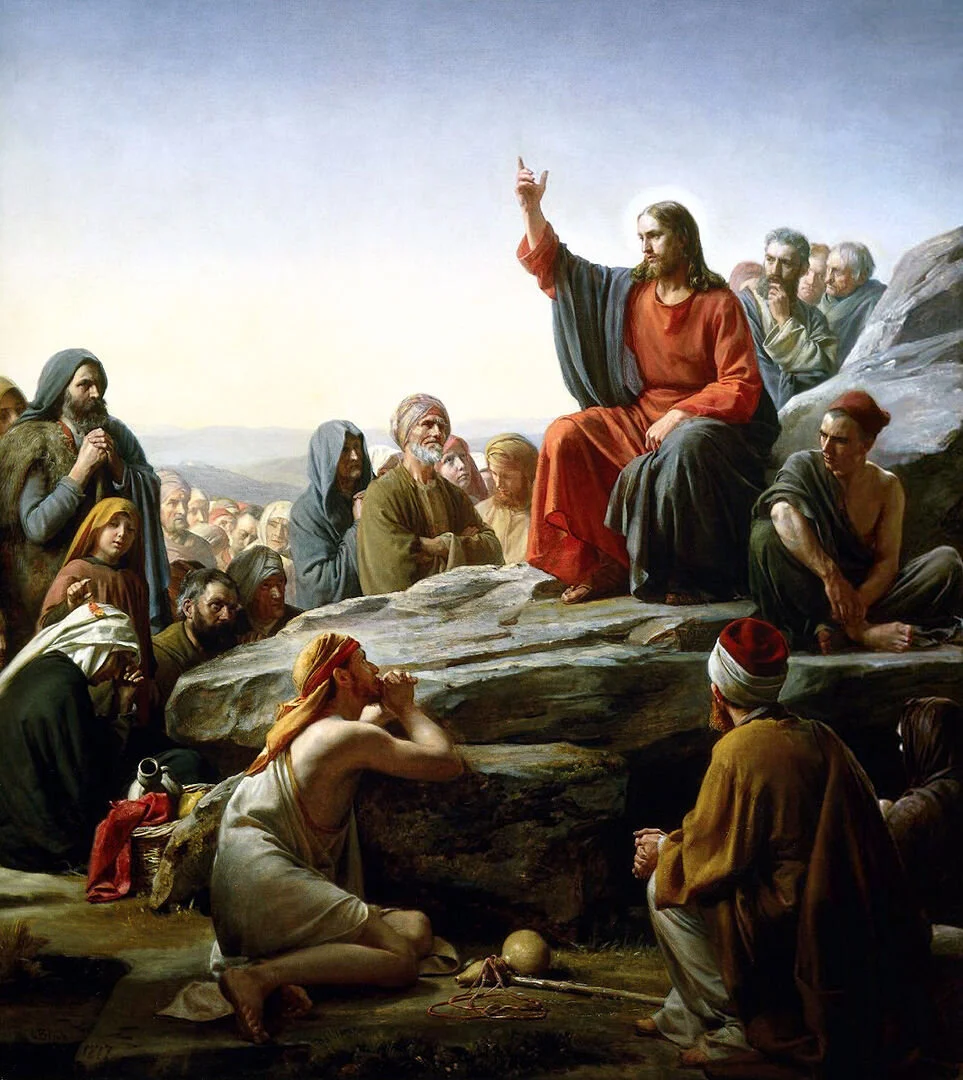Ash Wednesday
/Ash Wednesday
26 February 2020
Today we have begun the holy season of renewal known as Lent. This season is a time of spiritual exercises, engagement in serious spiritual battle, by repentance, acts of penance, and the mercy of confession to be restored in the dignity begun in us at baptism. Several of the references in the scriptural texts of this [service] Mass, the scripture readings and antiphons, point out the particular focus of this season: namely, the heart. We are called to look and to search deeply, to scrutinize, our heart so that we remember our dignity as God’s children and notice where we are weak and have strayed from the path of life with God. We do this so that we may repent and turn from our sin and make a return to our Heavenly Father. The first reading said it this way: “Even now, says the Lord, return to me with your whole heart, with fasting, and weeping, and mourning.”
As we undertake this deep work of the heart, we observe penances that we do together as the whole Church and, at the same time, we should also take on our own personal penitential practices. Don’t be confused by the Gospel for this day when it says, “Take care not to perform righteous deeds in order that people may see them.” This does not mean that our religious practices cannot or should not be seen. Rather, it tells us of the importance of our intentions: We should not do these good works in order to be seen. No doubt, some of our practices (like ashes) can be seen, but we should each also take on personal practices that only we know and that only our Heavenly Father sees. In other words, we do not undertake the battle of lent “to win the praise of others.” Our Heavenly Father already and always loves us, and we do not win His praise; however, in a certain nuanced sense our penances and practices should be motivated by the desire that only the Heavenly Father takes notice.
This holy season is a good time to recall that we should always be aware that we are in a spiritual battle. Listen again to the Collect of this [service] Holy Mass: “Grant, O Lord, that we may begin with holy fasting this campaign of Christian service, so that, as we take up battle against spiritual evils, we may be armed with weapons of self-restraint.” Notice the military language. In Lent we engage in a campaign, not a competition to win votes, but a military-like operation for a specific objective: to be renewed again in the life we began in baptism, to be restored to baptismal dignity that has been harmed by our sins. We take up a battle in the spiritual realm. We do not literally put on body armor or pick up guns, but we must struggle with our fallen nature and our attraction to sin so that we train ourselves to keep our eyes fixed on the things above and so that we attain the specific objective of Heaven. Our weapons are the spiritual practices of prayer, almsgiving, fasting, penances, and confession so that we form our bodily nature and its desires to obey and cooperate with our spiritual nature and the call to holiness of life in Christ. Listen again to that same prayer but an older translation: “Grant us, Lord, the grace to begin the Christian’s war of defense with holy fasts: that, as we do battle with the spirits of evil, we may be protected by the help of self-denial.”
Today we begin this holy season. Take seriously your battle. Make sure your weapons are not weak or trivial. Recognize that you have been claimed for Christ. Live more greatly for him now so that you may live eternally in Heaven!



